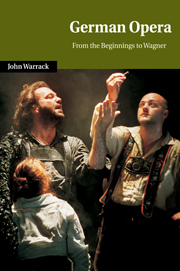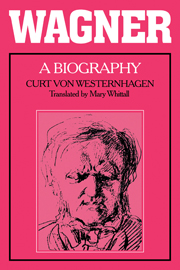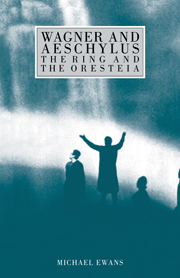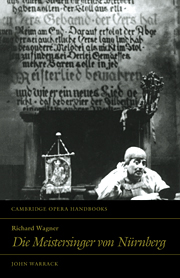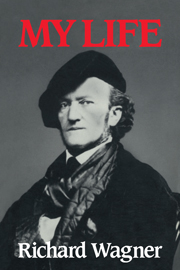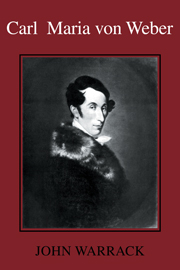German Opera
German opera from its primitive origins up to Wagner is the subject of this wide-ranging history, the only one of its kind in any language. It traces the growth of the humble Singspiel into a vehicle for the genius of Mozart and Beethoven, together with the persistent attempts at German Grand Opera. The many operas studied are placed in their historical, social and theatrical context, and attention is paid to the literary, artistic and philosophical ideas that made them part of the country's intellectual history.
- The only historical study, in any language, of German opera of the period
- Discusses all important (and many minor) operas of the period
- Written by a major scholar in the field
Reviews & endorsements
"Valuable, one might even say definitive..." The Opera Quarterly
"A book like this has long been needed and will surely find many grateful readers...Warrack's study will be valuable as a starting point for exploring German opera of past centuries." CHOICE Jan 2002
"The present volume defies skimming. Warrack simply will not let your attention wander when even, or especially, his least eloquent dramatis personae soliloquize under the spotlight. If this book were a piece of music, its composer would be none of those whom it actually treats, but rather, Richard Strauss: whose intellect Warrack's own resembles, in its darting curiosity, contrapuntal elaboration, and urbanity tinged with mischief. Warrack's is, in short, a thoroughly aristocratic mind." The New Criterion
"...this is a very useful work, carefully researched and quite readable. There is probably no more thorough work on the subject in English." Sixteenth Century Journal
"Cambridge University Press has done opera scholars and lovers an estimable service in publishing this volume. No one could be better qualified to lead us through the labyrinth of the history of german opera than John Warrack....Is is impossible to list all the merits of Warrack's study; suffice it to reiterate that no one could be more qualified to undertake such a project, and the results in terms of flow and synthesis could have been achieved only by someone who has devoted several decades to pursuing study of the topic." The Opera Quarterly
Product details
November 2006Paperback
9780521027939
464 pages
228 × 152 × 29 mm
0.689kg
42 music examples
Available
Table of Contents
- Acknowledgements
- List of abbreviations
- Map: centres of German opera
- 1. Sixteenth-century beginnings
- 2. The Thirty Years War and its aftermath
- 3. The Hamburg enterprise
- 4. Travelling troupes and changing attitudes
- 5. From the Seven Years War to the French Revolution
- 6. The Viennese Singspiel
- 7. Mozart's German operas
- 8. From the French Revolution to the turn of the century
- 9. French opera in Germany after the Revolution
- 10. New critics and singers
- 11. Opera in a new century: the first decade (I)
- 12. Opera in a new century: the first decade (II)
- 13. The growth of Romantic and grand opera
- 14. Romantic opera and grand opera in the 1820s (I)
- 15. Romantic opera and grand opera in the 1820s (II)
- 16. Opera in the mid-nineteenth century (I)
- Opera in the mid-nineteenth century (II)
- 18. Wagner
- Appendix: list of operas
- Bibliography
- Index.

